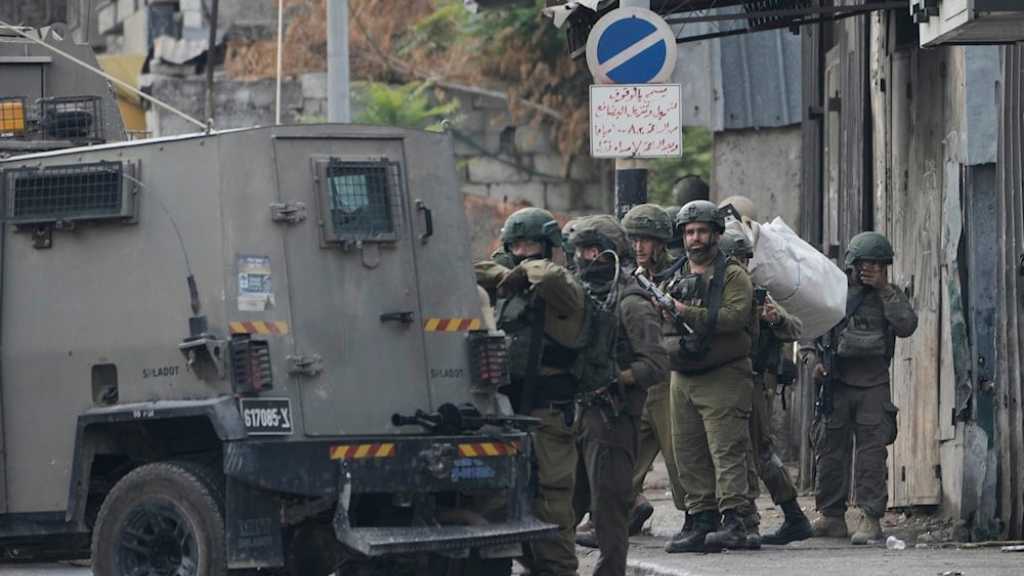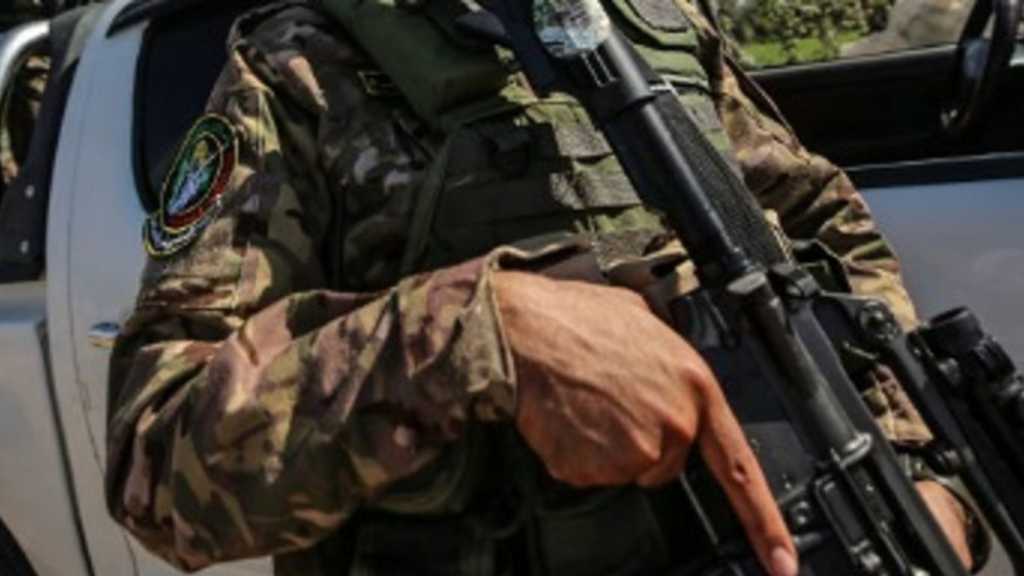’Israeli’ Army Struggles with Officer, Combat Troop Shortages: ’Maariv’

By Staff, Agencies
The "Israeli" occupation army is facing a deepening crisis marked by a significant shortage of officers, particularly within its ground forces. According to a report by the "Israeli" newspaper "Maariv" on Monday, around 300 officer positions in platoon leadership roles remain unfilled.
This shortage is especially critical in the Combat Engineering Corps, where there is a lack of platoon leaders and teams specializing in engineering operations and explosive ordnance disposal.
Military analyst Avi Ashkenazi explained to "Maariv" that the army is encountering difficulty in persuading qualified soldiers to enter officer training programs.
“For the first time, the military is openly acknowledging the scale of the attrition,” he said. “The size of the army no longer matches the scope of its responsibilities.”
The current military manpower deficit includes an estimated 7,500 missing combat soldiers and 2,500 combat support troops, contributing to growing operational strain.
The article attributes the growing officer training crisis to the rapid expansion of combat units since the war began.
The Armored Corps has increased in size by over 30%, and the Combat Engineering Corps has nearly doubled. Additional platoons have also been formed within infantry brigades.
Due to a lack of trained commanders, the occupation army has resorted to assigning officers from both regular and reserve units who have not completed the necessary training.
"Maariv" also cited military sources who admitted that a large number of officers and commanders have been killed in the ongoing war, with hundreds more injured. Many of those injured have also yet to recover and return to duty.
"Large numbers of officers and commanders have fallen in the war," the article reported.
The crisis is not confined to platoon and company levels. Commanders at higher ranks, including deputy battalion commanders and battalion commanders, are experiencing significant operational pressure.
"Many are working under increasingly complex battlefield conditions, further complicating leadership and coordination efforts across units," the newspaper said.
Comments
- Related News




